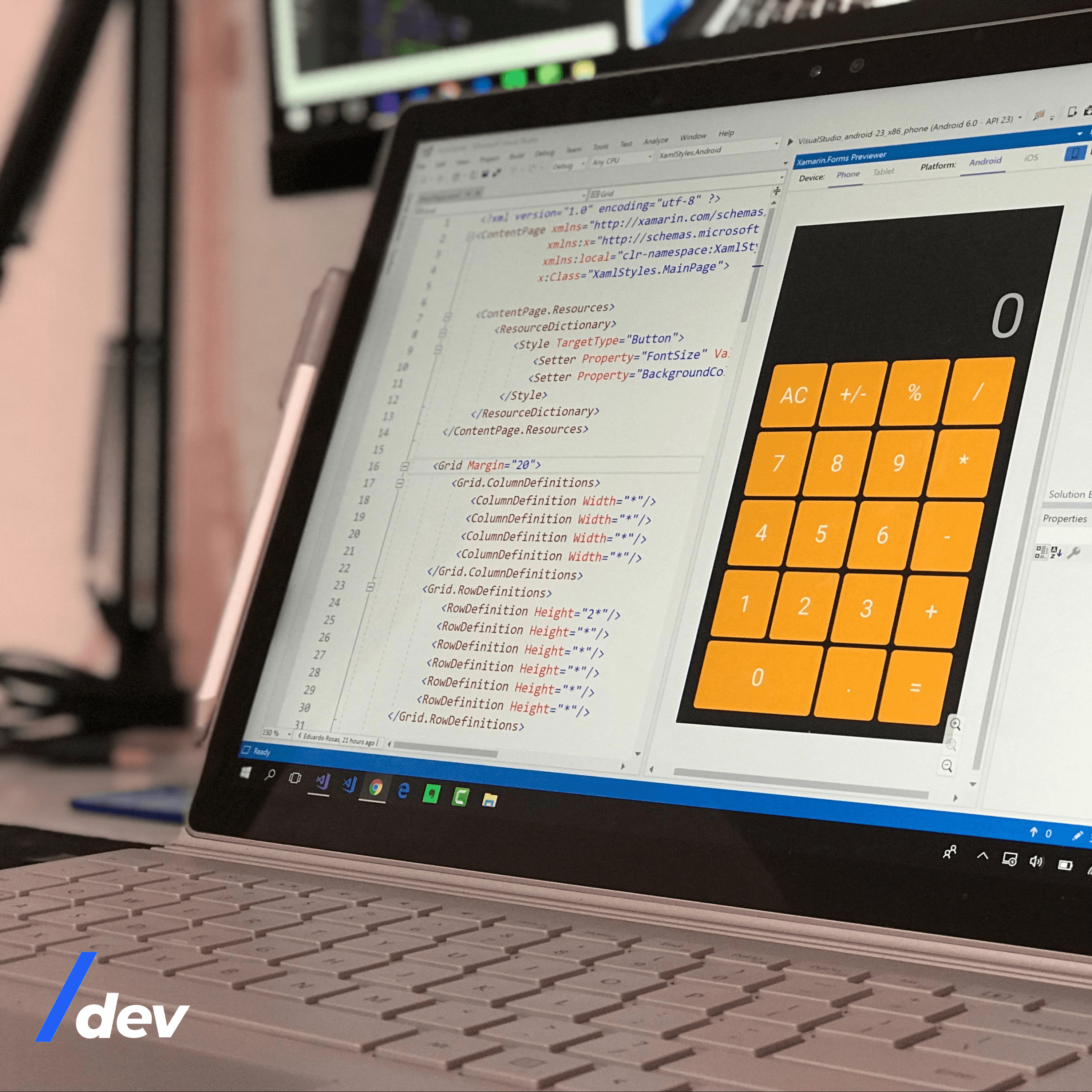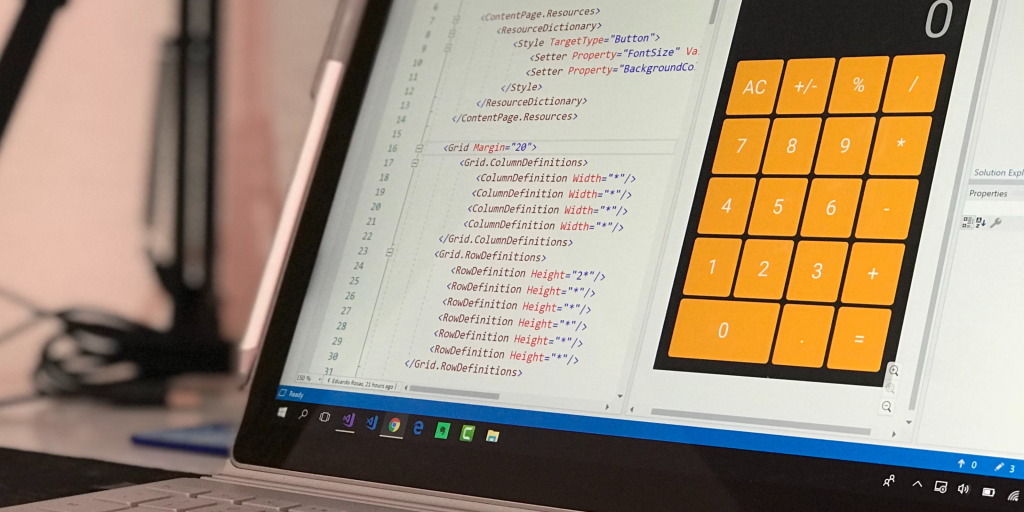Software Services
For Companies
For Developers
Products
Portfolio
Build With Us
Build With Us
Get Senior Engineers Straight To Your Inbox

Every month we send out our top new engineers in our network who are looking for work, be the first to get informed when top engineers become available

At Slashdev, we connect top-tier software engineers with innovative companies. Our network includes the most talented developers worldwide, carefully vetted to ensure exceptional quality and reliability.
Build With Us
Kotlin vs. Java: A Comprehensive Comparison for All-Purpose Uses and Android App Development/


Introduction
In the ever-evolving world of software development, programming languages play a crucial role in shaping the landscape. Two prominent contenders, Kotlin and Java, have gained significant popularity among developers. In this in-depth comparison, we will explore the strengths, weaknesses, and use cases of both Kotlin and Java, with a specific focus on their applications in all-purpose development and Android app development. By the end of this article, developers will be equipped with valuable insights to make informed decisions when choosing between Kotlin and Java for their projects.
The Rise of Kotlin and Java

Java: A Language with a Rich Legacy
A brief history of Java and its prominent role in software development over the years.
Kotlin: The Modern Language on the Horizon
Introducing Kotlin and its rapid ascent as a versatile and expressive programming language.
Language Syntax and Readability
Java’s Familiarity and Verbosity
Examining Java’s verbose syntax and its impact on code readability.
Kotlin’s Conciseness and Expressiveness

Exploring Kotlin’s concise syntax and how it enhances code readability and maintainability.
Type System and Null Safety
Java’s Type System
Analyzing Java’s type system and its approach to handling null values.
Kotlin’s Null Safety
Understanding Kotlin’s null safety features and how they prevent null pointer exceptions.
Functional Programming Capabilities
Java and Functional Programming
Examining Java’s support for functional programming and its limitations.
Kotlin’s Functional Programming Paradigm
Understanding Kotlin’s functional programming capabilities and how they promote cleaner code.
Interoperability with Java
Kotlin-Java Interoperability
Investigating the seamless interoperability between Kotlin and Java, making the migration from Java to Kotlin a breeze.
Using Kotlin with Existing Java Codebases
Tips and best practices for incorporating Kotlin into existing Java projects.
Performance and Efficiency
Java’s Performance
Analyzing Java’s runtime performance and its implications on application speed.
Kotlin’s Performance
Understanding Kotlin’s performance characteristics and how it compares to Java.
Android App Development: Kotlin vs. Java
Java in Android Development
Exploring Java’s historical dominance in Android app development and its continued relevance.
Advantages of Kotlin in Android Development
Discussing the reasons why Kotlin has become the preferred language for Android app development.
Community and Ecosystem
Java’s Vast Ecosystem
Delving into Java’s extensive library support and well-established community.
Kotlin’s Growing Community
Examining the burgeoning Kotlin community and its contributions to the language’s evolution.
Learning Curve and Adoption
Java’s Learning Curve
Analyzing the learning curve associated with Java for beginners and experienced developers.
Kotlin’s Easy Adoption
Understanding why Kotlin is considered approachable and easy to learn, especially for Java developers.
Conclusion
In conclusion, both Kotlin and Java have proven to be formidable contenders in the world of software development. Each language has its unique set of strengths and weaknesses, making them suitable for different types of projects and preferences. While Java continues to thrive as a versatile and widely-used language, Kotlin’s modern features and seamless Android app development capabilities have propelled its popularity.
Ultimately, the choice between Kotlin and Java boils down to the specific requirements of a project and the preferences of the development team. Regardless of the chosen language, developers can create robust and efficient applications that cater to the needs of their users.
For further exploration into the world of programming languages, development tools, and software engineering, be sure to visit slashdev.io, where you will find a wealth of valuable resources and insights.

